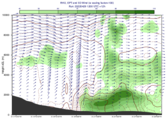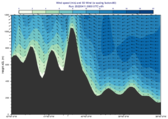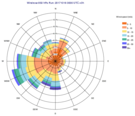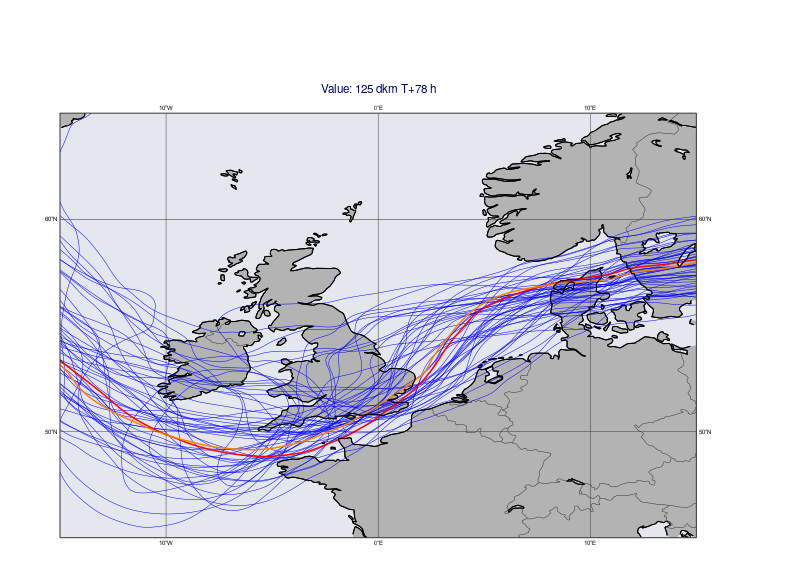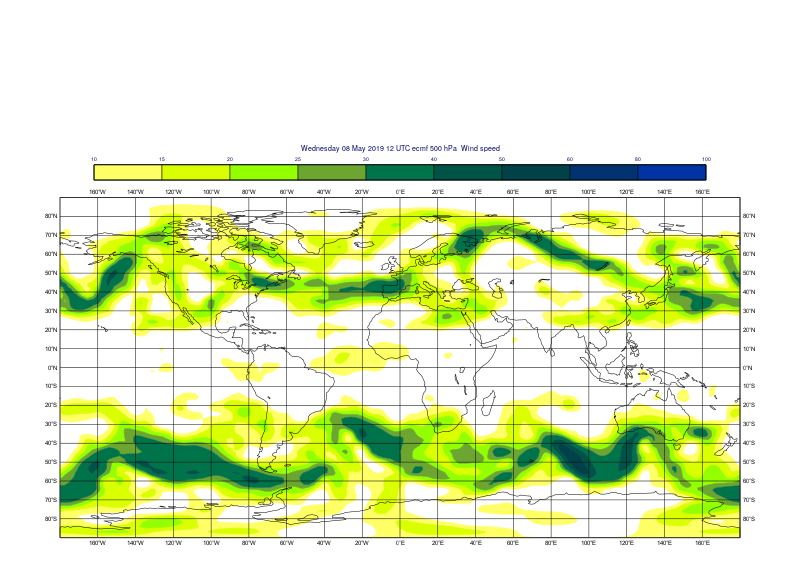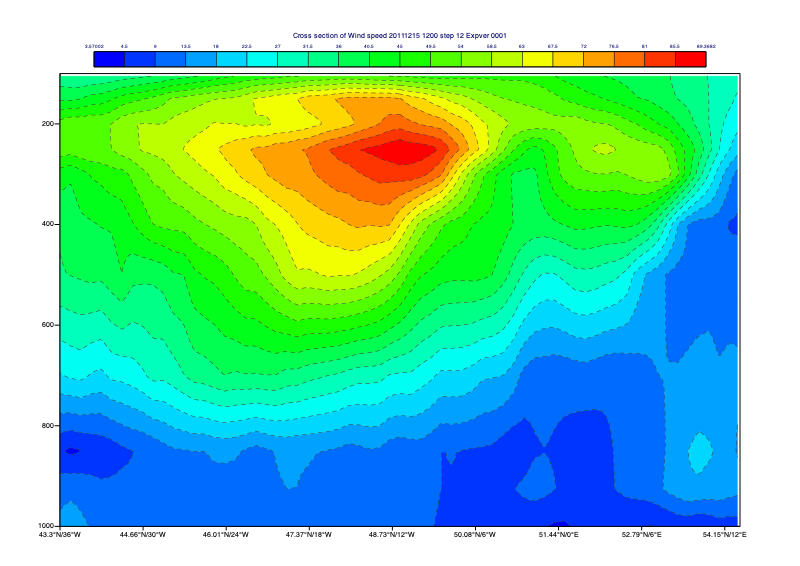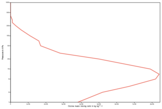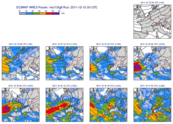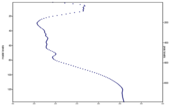grib_get
- grib_get(fs, keys[, grouping])
Extracts the values of a set of ecCodes keys from the GRIB headers of
fsin an efficient way.- Parameters
fs (
Fieldset) – input fieldsetkeys (list) – the ecCodes keys
grouping (str) – grouping mode (“field” or “key”)
- Return type
list of lists
A single call to
grib_get()can replace multiple calls to the other grib_get_* functions and is hence more efficient.By default the keys will be retrieved as str, but their type can be specified by adding a modifier to their names, following the convention used by the ecCodes command line tool grib_ls where the key name is followed by a colon and then one or two characters which specify the type:
s=string
l=long
d=double
la=long array
da=double array
n=native type New in Metview version 5.14.0.
For example, the key ‘centre’ can be retrieved as a str with ‘centre’ or ‘centre:s’, or as a number with ‘centre:l’. Each GRIB key has a ‘native type’, e.g. long or string. If the type is specified as “n” then the type that is returned. The native type for the key ‘centre’ is str, so ‘centre:n’ will return a str.
The result is always a list of lists:
if
groupingis not specified or set to ‘field’, the result will be grouped by field, containing one list per field, each of these lists containing one element per keyif
groupingis ‘key’, the result will be grouped by key, containing one list per key, each of these lists containing one element per field.
- Example
The following lines of code on a particular fieldset with 3 fields:
print(mv.grib_get(f, ['editionNumber', 'centre', 'level', 'step'], 'field')) print(mv.grib_get(f, ['editionNumber', 'centre:l', 'level', 'step'], 'key'))
produces this output:
[['1', 'ecmf', '1000', '0'], ['1', 'ecmf', '925', '0'], ['1', 'ecmf', '850', '0']] [['1', '1', '1'], [98.0, 98.0, 98.0], ['1000', '925', '850'], ['0', '0', '0']]
- grib_get_long(fs, key)
- grib_get_double(fs, key)
- grib_get_string(fs, key)
- grib_get_long_array(fs, key)
- grib_get_double_array(fs, key)
- grib_get_string_array(fs, key)
Extracts the value of an ecCode key from the GRIB headers of
fs.- Parameters
fs (
Fieldset) – input fieldsetkey (string) – the ecCodes key
- Return type
number, str or list
This group of functions is based on the similarly named ecCodes C API functions. The available ecCodes keys can be inspected in various ways:
in an interactive Metview session with the GRIB Examiner (right-click Examine or double-click on a GRIB icon)
with the ecCodes command line tool grib_dump
Fot further details about keys read GRIB Keys - ecCodes GRIB FAQ.
grib_get_long(),grib_get_double()andgrib_get_string()return a value iffshas a single field, otherwise they return a list.grib_get_long_array()andgrib_get_double_array()return a 1d-ndarray iffshas a single field, otherwise they return a list 1d-ndarrays.grib_get_string()returns a list of strings iffshas a single field, otherwise it returns a list lists.Note
grib_get_long()andgrib_get_long_array()extract a C long value internally but it is cast into float on return.- Example
This code:
import metview as mv print(mv.grib_get_long(data, "editionNumber")) print(mv.grib_get_long(data, "max")) print(mv.grib_get_double(data, "max")) print(mv.grib_get_string(data, "max")) print(mv.grib_get_string(data, "typeOfGrid"))
can result in the following output for single-field GRIB file:
1 317 317.278808594 317.279 regular_ll
- Example
This code shows how to obtain the list of latitudes from a reduced Gaussian grid fieldset:
import metview as mv g = mv.read('your_data_in_gg.grb') pl = mv.grib_get_long_array (g, 'pl') print(len(pl)) print(pl)
